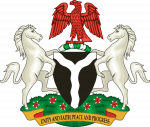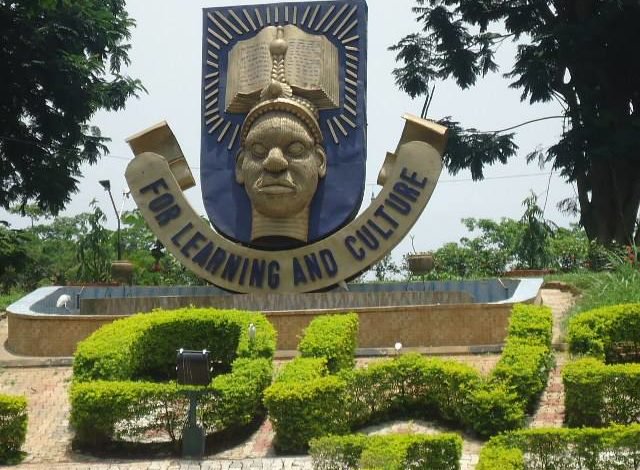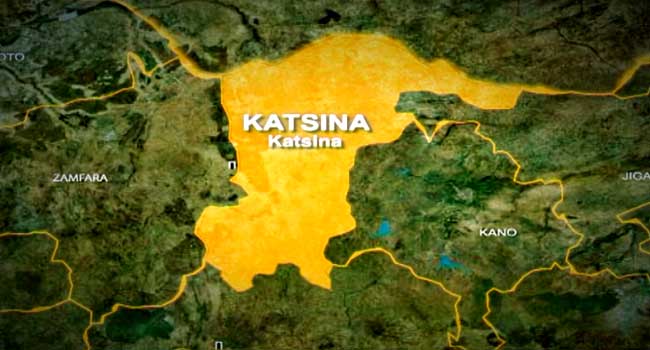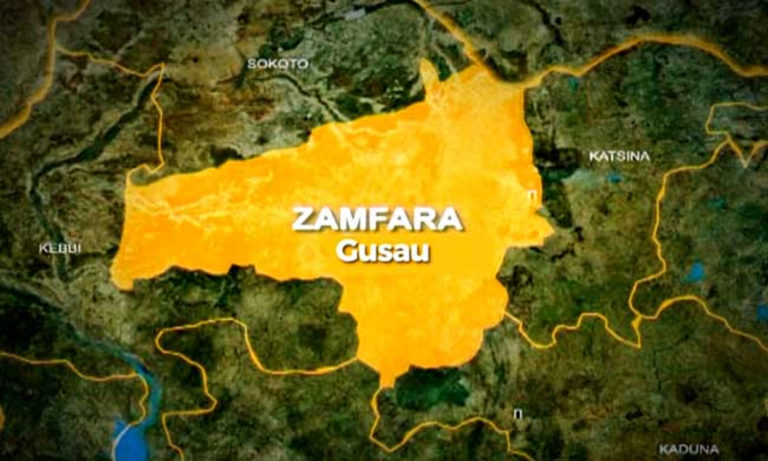STRIKER: Searching For What Is Not Lost


One of the popular phrases in Nigeria’s political diction is “lack of political will.” In actual fact, it is a decent way to say “lack of interest.” Yoruba have a saying for an absentminded or confused persons searching for what is not lost: “ohun ti a n wa lo si Sokoto wa l’apo sokoto,” literally translating to “what we set out to find at Sokoto town is right inside our pocket.”
But for clear lack of interest, which has occasioned untold trials, tribulations and misery to Nigeria and Nigerians, how could successive generations of elites in government, with very few exemplary exceptions, make believe not to discern how to organise its citizens to feed, clothe, educate, and house themselves, in an atmosphere of equality and justice, which is the panacea for peace, security and prosperity?
There is no society and no day upon earth when all fingers will be equal: there will always be the rich and well-to-do as well as those struggling to make ends meet whatever the enabling environment guaranteed by any government, but in a country fully wrapped in green (as doubly depicted in our flag), with permanent “summer” and overabundance of natural resources, something is deviously wrong with elite mentality because they can very well enjoy their many privileges in peace by simply putting in the average work in managing the human and material resources available to an over-blessed nation!
Today, we still keep searching for what is not lost, as we had done from Independence on October 1, 1960. The land is there, flowing with milk and honey; the populace is there, vibrant, energetic and sharp-minded to the point of equally constituting genius and nuisance worldwide.
So what should be done? Simply organize them for productive engagement. In so doing, it is clear to all well-intentioned human beings who aspire to lead people that the first port of call is education. Education is not classroom rote learning for certificate to which it has been reduced to. It is impacting knowledge and skills in citizens, so they can be useful (productive) to themselves and society.
The production of every kind of goods and services needs standard training – from the most menial service to astronomy and heart surgery; from making brooms and toothpicks to industrial robots. Society simply needs, through careful guidance of its committed and patriotic leaders, to create the enabling environment, from priority to priority, for productivity training (education) and engagement of majority of its citizens. It is no rocket science.
When properly done, Information and Communication Technology, agriculture and agro-allied industry alone can sufficiently engage the majority and guarantee healthy living enough to drastically bring down the budget for security, defence and healthcare! Not only will crime rate reduce drastically, conflict along religious, ethnic and political divides will reduce to barest minimum with correct education, particularly civic and cultural education, which should be compulsory for all at basic level.
The republic, democracy, federalism, all came under threat, no thanks to negative and seemingly apathetic elite’s mentality that could not manage booming oil money for the common good, oil money that then became the prized-hunt for the military brass, whose devastating interventions and long rule complicated and aggravated a bad system of managing humans and material resources.
The value of that oil and the potential “free” money it brings is going and will soon be gone! When the elite realise that there is a natural resource that is thousand times more valuable than oil – human beings – which every Nigerian region has in abundance, perhaps they will positively change their mentality, realising that if they manage that resource well, there will be enough for every citizen, and much more for them to enjoy in peace.
In just a decade, a half dozen Nigerians can create wealth in excess of oil money proceeds for fifty years; ask Jeff Bezos, Bill Gates, Mark Zuckerberg, Warren Buffet and co.










